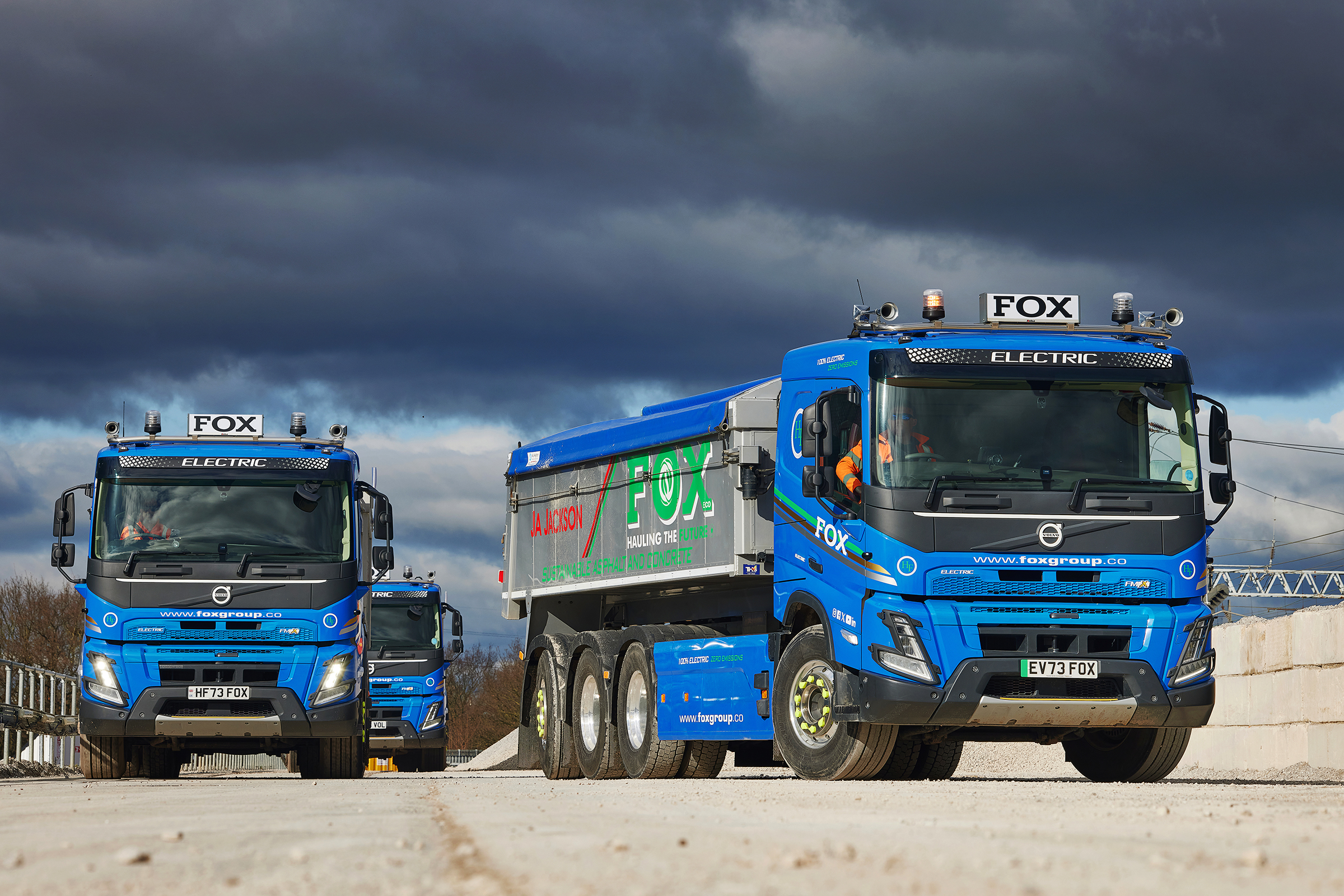A liquid waste management company in Waltham Abbey has bought 20 new vehicles in a move that has created 10 new jobs after securing a £2million funding facility from Lloyds Bank Commercial Banking.
BioMarsh Environmental, established in 1972, needed to invest in new trucks following the implementation of the new Euro 6 emissions standard, which has halved the amount of nitrogen oxides that a diesel vehicle can emit.
The expanded fleet will also play a vital role as the family-run company, which provides liquid waste disposal, sewer clearing and drainage surveys to domestic and business clients, looks to win more contracts in Scotland.
The business has bought 20 new trucks to replace 10 older models and also expand its fleet from 70 to 80. The company used hire purchase from Lloyds Bank’s Commercial Finance team, in a deal that enabled the business to buy the vehicles without affecting its day-to-day cashflow.
BioMarsh Environmental has an annual turnover of £10million, employs 100 members of staff and is looking to hire 10 new drivers following its fleet expansion.
Martin Travers, director at BioMarsh Environmental, said: “As a business we’re committed to investing in the latest technology and vehicles to ensure our operation remains sustainable and environmentally-friendly.
“The funding from Lloyds Bank has not only helped us create new local jobs but, now the trucks are in place, we’re looking to win more contacts in Scotland as we work to becoming a nationally recognised brand.”
Nathan Harrod, regional manager at Lloyds Bank Commercial Banking, said: “BioMarsh Environmental is a great example of a successful SME business that has recognised the benefits of using asset finance to buy vital vehicles without damaging its cash flow, leaving it free to focus on accelerating its growth.
“We’re committed to supporting small to medium sized businesses like BioMarsh Environmental that are delivering economic growth, and to underline this, we’ve grown our net lending to SMEs by 28% since 2011, while the wider market declined at 13%.”







